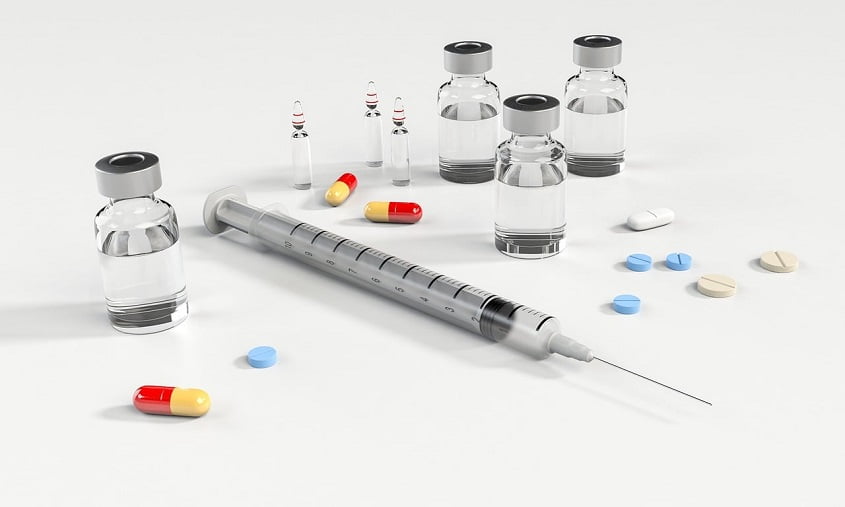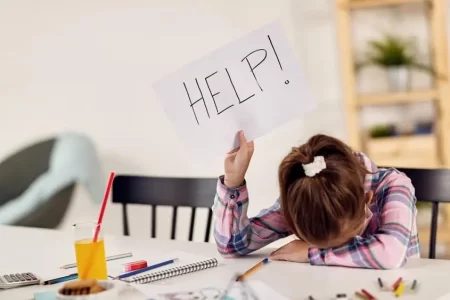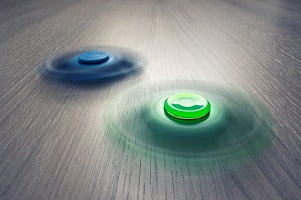ADHD Medications and Their Side Effects
- Updated on: Dec 12, 2023
- 2 min Read
- Published on Mar 4, 2020

ADHD is a neuropsychiatric disorder that is characterized by excessive activity, difficulty in paying attention and acting without regard for consequences (impulsiveness). It can be seen during childhood or adulthood.
Symptoms of this disease may be noticed at an early age. The disease can be easily noticed when a situation associated with a child changes, like when they start going to school.
What Medications are Used for Treating ADHD?
Genetic factors and other conditions like brain injury, traumas etc are considered to be the potential factors for ADHD. ADHD influences those parts of our brain which help us with different executive functioning like planning for future, regulating emotions and controlling our impulses.
Medications are given to ADHD sufferers to increase their ability to pay attention, manage their impulsiveness and hyperactivity. These medications sometimes can also be used for people who suffer from sleep attacks (narcolepsy), chronic fatigue and to boost antidepressant effects.
Different types of medications generally used to treat ADHD patients are: Stimulants and Non-stimulants.
Stimulants
These are the most common medications used for treating ADHD. Stimulants will help improve symptoms for about 70% children with ADHD.
Stimulants work by increasing dopamine (a neurotransmitter associated with pleasure, motivation, attention and movement) levels in the brain. Stimulants are most commonly used for attention deficit disorder.
Three main stimulant medications along with their active ingredients used for ADHD are:
- Methylphenidate (Ritalin, Concerta and Biphentin)
- Dextroamphetamine (Dexedrine, Vyanse and Dexedrine spansule)
- Mixed amphetamine salts (Adderall XR)
Stimulants for ADHD come in both shorter and longer acting forms. Short-acting stimulants do not last for a long duration, so they are taken 2-3 times a day. Long-acting stimulants last for about 8-12 hours, and are usually taken just once a day.
Non-Stimulant Medications
In cases where stimulants do not work or cause intolerable side effects, non-stimulants might help. These medications may help in increasing attentiveness and controlling impulse. Non stimulant medications include Strattera (atypical antidepressants) and certain blood pressure medications.
Strattera
- Strattera (generic name is atomoxetine) is the only non-stimulant medication which has been approved by the Food and Drug Administration (FDA) for ADHD treatment. Strattera increases the level of norepinephrine (a brain chemical released under stress conditions).
- Strattera effects last for a long time such as for over 24 hours. These medicines are longer acting than the stimulant drugs. They have antidepressant properties too.
- Strattera doesn’t seem to be as effective as the stimulant medications for treating hyperactivity in ADHD patients.
Are There Any Side Effects Associated With ADHD Medications?
Although right ADHD medications make the life much easier for children and adults who have attention deficit hyperactivity disorder, but ADHD medications can sometimes also make things worse leading to severe side effects such as:
- Nausea
- Headache
- Insomnia
- Blunted appetite
Some common side effects of stimulant medications and non-stimulant medications for ADHD are:
Side Effects of ADHD Stimulant Drugs
Potential side effects of stimulant drugs include:
- Sleep problems
- Anxiety, depression
- Delayed growth
- Increase blood pressure
- Headaches and stomach aches
- Tics (repetitive movement or unwanted sounds)
- Moodiness and irritatibility
Serious side effects of stimulant drugs include heart attack, sudden death and stroke.
Side effects of non stimulant drugs
Non stimulant drugs can also cause side effects, which include:
- Nausea
- Stomachaches
- Drowsiness
- Fatigue
- Mood swings
- Loss of appetite












